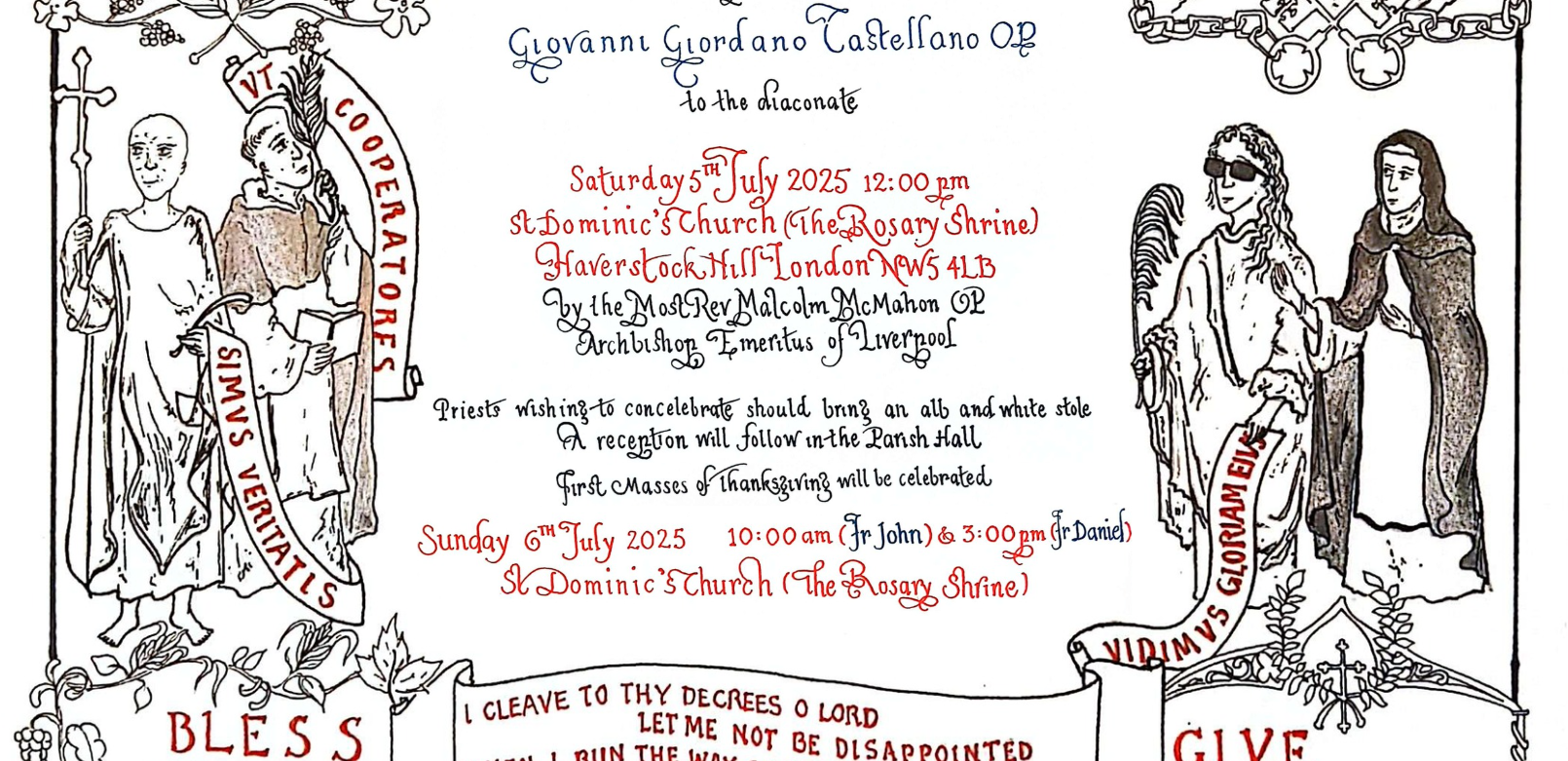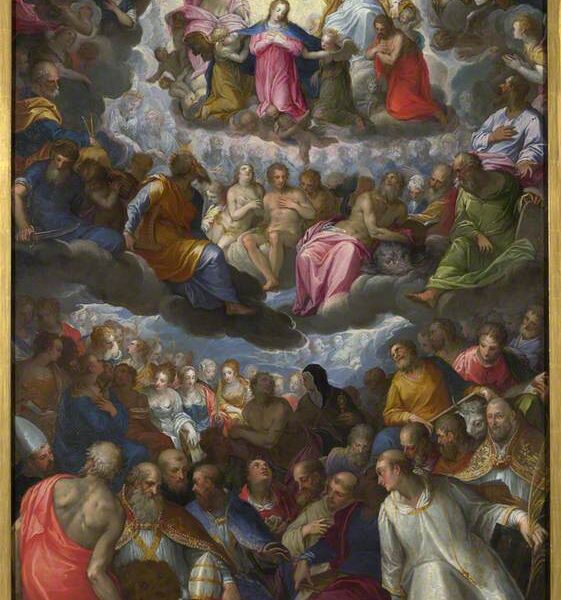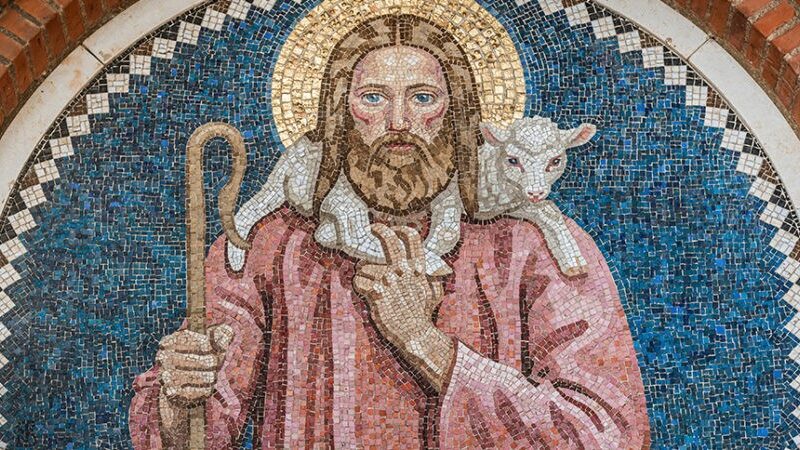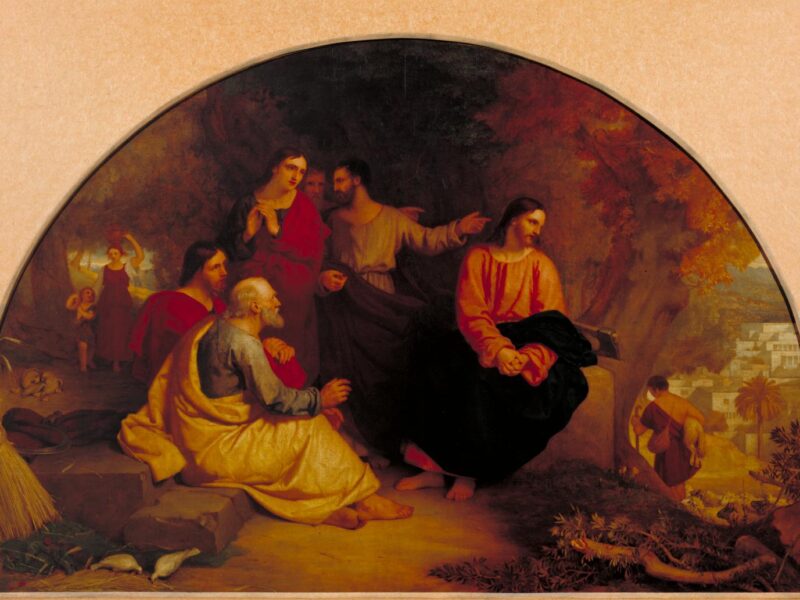
Necessarily Free
Br Augustine gets terrified about big ideas and big decisions. ‘What am I going to do with my life?’ he asks.

Readings: Acts 22:30, 23:6-11; John 17:20-26
The following homily was preached to the student brothers during Compline. You can listen here or read below:
The cosmos usually sounds like an abstract, out-there concept. But in the Gospel, Christ sends us to preach to the cosmos, ‘so that the world may believe it was you who sent me’ (John 17:21). Now this sounds like a huge responsibility! And as individual members of the Body of Christ, there are so many ways each of us can do this, at least in theory. It’s human for us to get worried here. It’s easy to fall into ‘decision paralysis’, to be stupefied by the choices we have to make that we end up thinking about them a lot and not doing anything. It’s also tempting for us to second-guess our choices once we’ve made them: is this right for me or not? The short answer is not to worry. The long answer won’t take too long…
Pilgrimage sounds like a massive undertaking. Paul is told to journey from Jerusalem to Rome. We know that today’s saint, Boniface, was born in Devon but martyred in west Germany. But all journeys are made of little steps. There’s more to Boniface’s story – he grew up near London, went to school near Winchester and preached in the Netherlands before going to Germany. The same with us – we may not think we’re moving, but we’re already well on our way. Our personal histories, our being human – who we are now is what God has to work with. St John Vianney says, ‘Man gives the little he can; God gives the rest.’ So don’t wait to be ‘holy’ or even ‘good’ before you follow Christ. It starts now, because Christ came to call sinners (Luke 5:32). Who and what I am is what is there for God’s grace to work with. God cannot save and heal some imaginary version of me. The Christian life is meant for us to live now, because I am a sinner and Christ has come to set me free.
But – I hear you ask – how do I know what to do on the basis of that? The Spirit spoke to Paul, and the pope told Boniface where to go. How do I know what God wants me to do? We can and should pray – but we must take care not to get trapped in our own heads, because we can’t predict God’s will by our emotions and thoughts alone. ‘Who can know the mind of the Lord?’ (1 Corinthians 2:16) What Jesus wants us to do is here, concretely, in the Gospel: we must be ‘so completely one that the world will realise it was you who sent me’. As Christ’s Body we are many parts, but the same Spirit animates this Body to work as one in the world. Within this body, the way we serve Christ is free to us to choose – marriage, single life, consecration, worldly careers etc. But we cannot do this without taking stock of our circumstances – I can’t be a priest if I’m married, and it wouldn’t be prudent for me to become a nun if I’ve got loads of commercial debt.
Nor should we fear God’s punishment if we get it wrong, because this is not the Gospel. Our call is to love and serve God. That is the choice we must make, the same choice given to the angels and to Adam and Eve. How we choose to serve him – marriage, single life, family life, religious consecration – are ways of exercising that single choice. Choosing between these things is not like choosing between fried rice and bacon sandwiches. These are options that are value-neutral relative to each other. Choosing God is different. It sets us free to live for him in the way that suits our personalities, circumstances and desires best. This freedom should not make us anxious. This is a freedom which shows us that we cannot exhaust God’s love for us. Even if this freedom takes us where Paul and Boniface ended up – testifying to God’s love with their own lives – we would still be free, because we would be standing firm in our choice of God. Not ready yet? In a few days’ time, the Holy Spirit will come, and ‘where the Spirit of the Lord is, there is freedom’ (2 Corinthians 3:17).
Image: Excerpt from the Invitation to the Ordinations of Daniel Rowlands, John Church and Giovanni Castellano (Augustine Chen OP, 2025)


